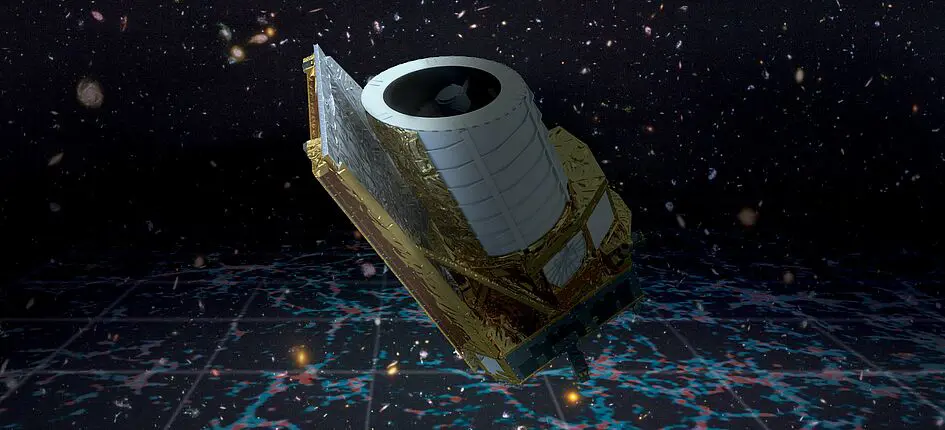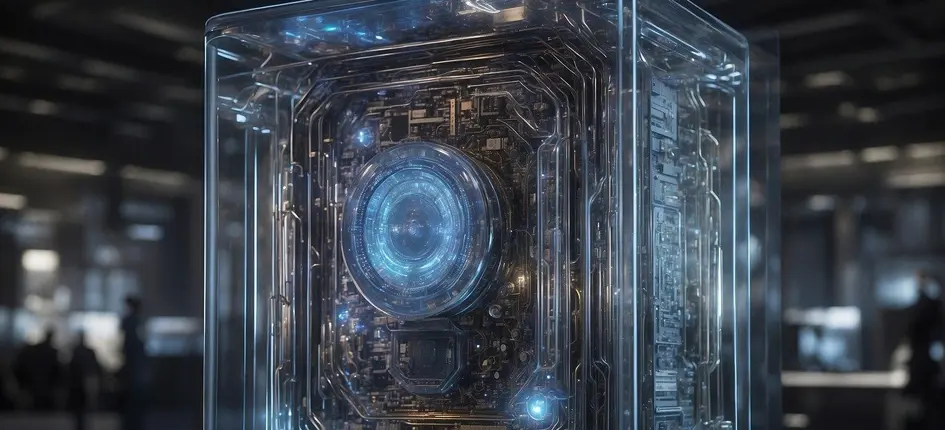
Swiss researchers contribute to mapping the sky


17. January 2024
Qubits are the building blocks for future quantum computers, as bits are for conventional computers. Previous research into making qubits focused on the cleanliness of the starting material in highly dilute solutions. The problem was that the resulting qubits lose their coherence and therefore their quantum information. According to a PSI press release, researchers at the Paul Scherrer Institute (PSI) and the Swiss Federal Institute of Technology in Zurich (ETH) and Lausanne (EPFL) have found a new approach to making qubits with long lifetimes that can exist in a cluttered environment.
In the experiment, they produced solid-state qubits from the rare-earth metal terbium, which was doped into crystals of yttrium lithium fluoride. Qubits packed in this way had a much longer coherence than would usually be expected in such a dense system. The researchers concluded that this was because terbium ions formed pairs that reacted less with their environment and therefore remained stable. To protect the qubits further from their environment, they applied a magnetic field to the material that exactly canceled out the effect of the nuclear spin of the terbium in the pairs. The researchers discovered the phenomenon of terbium ion pairs through analysis with microwave spectroscopy. They also used these waves to manipulate the qubits, and anticipate that it will also be possible to manipulate the qubits with optical laser light.
According to the press release, Gabriel Aeppli, Head of the Photon Science Division at PSI, is confident that terbium ion pairs are the right choice of material to produce qubits with long lifetimes. ce/ww